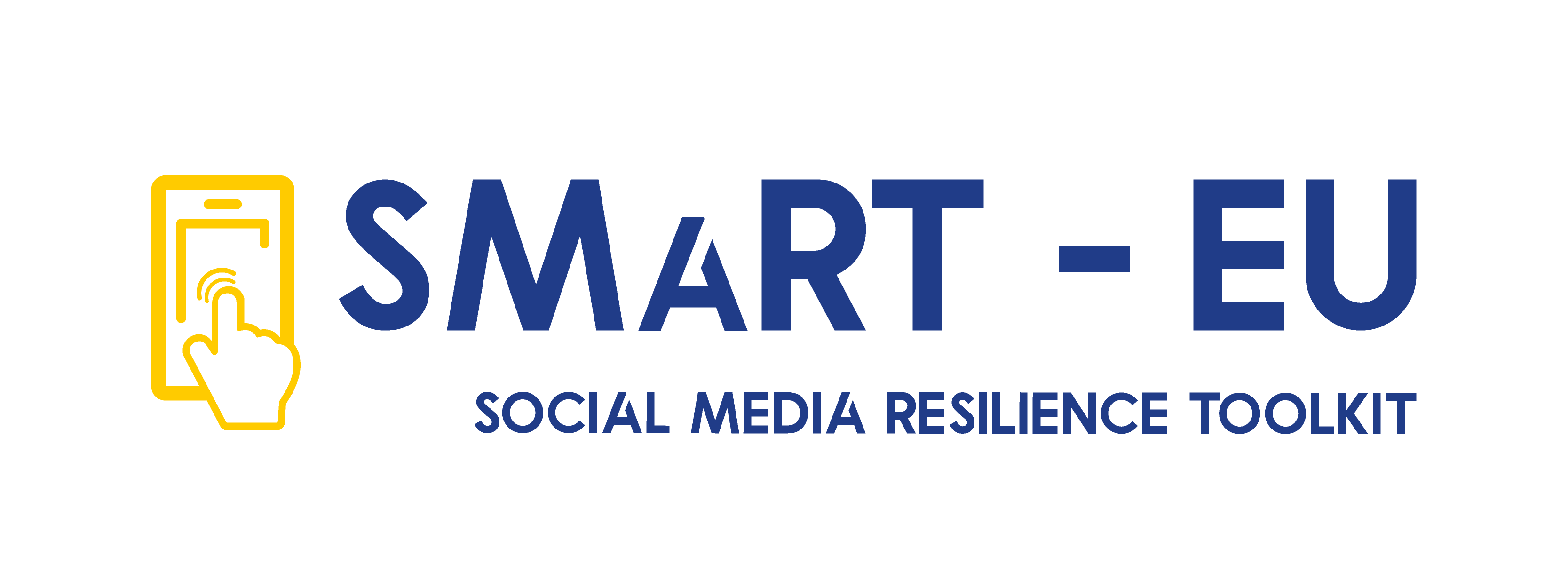Educators
Educators have long been associated with the idea of the one that teaches, and this idea has a top down conception. However, today’s conception of what is an educator has multiple contexts and is mostly, or should and need to be, a collaborative work. Lifelong learning plays a fundamental role and contributes to this need to learn throughout life and taking in consideration Agenda 2030 Goals.
Educators can assume different roles, spanning from traditional to non traditional education role models, from traditional and non traditional forms of education. Whatever it is, they present themselves as a relevant model for their students, as a source of information and behavior promoters (Morais & Azevedo, 2011). Learning itself can assume different models and occur takes place in different places, with promotion of learning by doing and considering a connection to people’s lives. These learning processes can take place at school or in daily life, which points to the needs of a relevant strategy far beyond formal education (Underwood, Parker & Stone, 2013) and beyond the school walls (Meyers, Erickson & Small, 2013).
In this sense, linking communication and education, educommunicators, using communication and education, can play a central role when we consider media education or MIL Curriculum for teaching. These solutions enhance promote the development of knowledge societies, and free independent and pluralistic media and political and civic options for educators, that need media education training, especially in the COVID-19 era. As Unesco recalls, the media education process should work through a ‘snowball’ logic – from information literate educators, to their students and society in general (UNESCO, 2011). In this sense, media literacy plays a vital role in the educational processes and is a core competence to activate an engaged citizenship, to promote a critical understanding of the world and avoid dark participation.
Projects such as Media In Action (targeted to educators) and Rethink: Before Act and Community Engagement Against Radicalism (CEAR) can be considered as good practices in the realm of media literacy, particularly targeting vulnerable audiences to radicalism and extremism.
